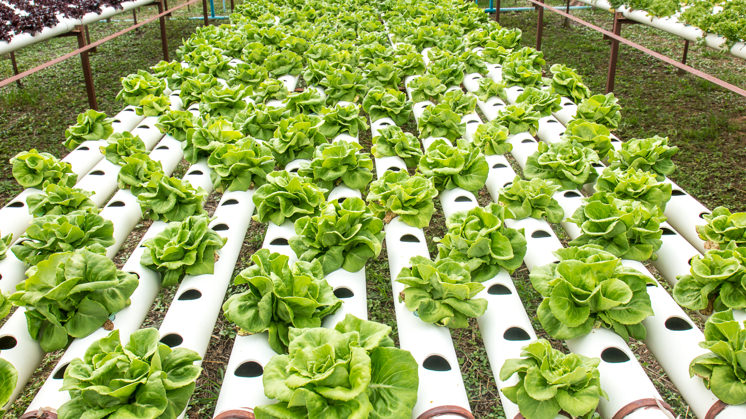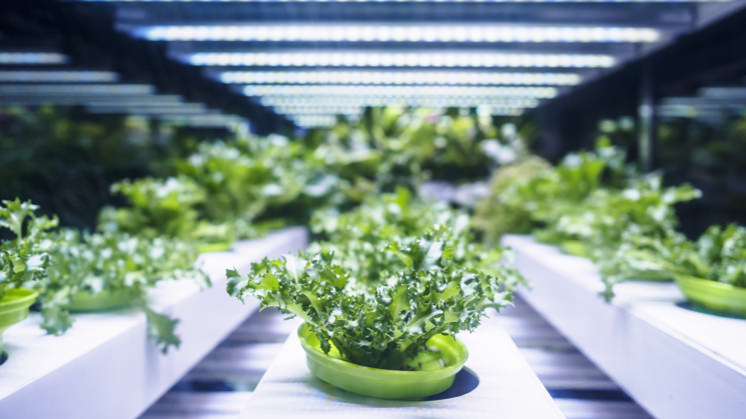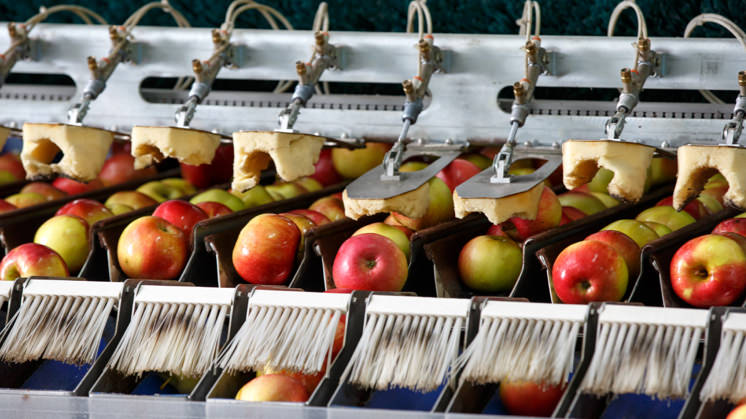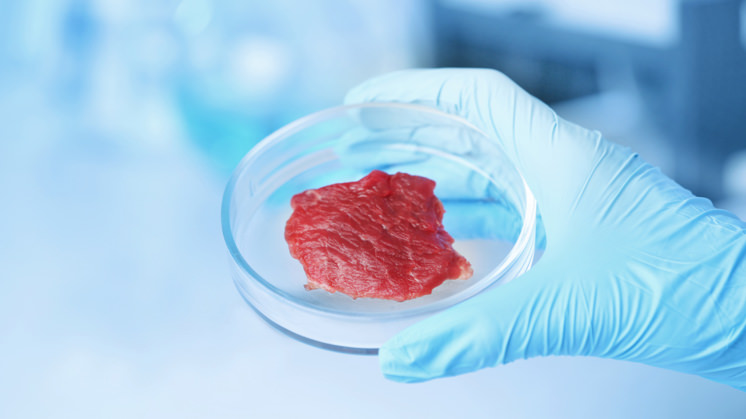Food Tech
Food Tech, the technological transformation of the food sector
New technologies have changed the world and the rules of the game in many industries. The food industry, on the other hand, is still wondering how to apply innovations such as big data or the Internet of Things (IoT) to its business. The challenges for the sector are numerous, including food sustainability, and the Food Tech industry is leading the way.

Technology is today the most sought-after ingredient in our diet, as reflected by the rising investment in innovation projects, like for example those related to Food Tech, by the world agrifood industry. The sector aims to adapt to the changing times and provide for the needs of ever more demanding consumers with healthier and more sustainable food habits.
What is Food Tech?
Food Tech — a merger of the words food and technology — involves companies and projects that use technologies such as the Internet of Things (IoT), big data and Artificial Intelligence (IA), among other things, to turn the agrifood industry into a more modern, sustainable and efficient sector in all its stages, from food preparation to its distribution and consumption.
These research and development (R&D) projects are generally in the hands of highly innovative startups that are investing heavily in trying to provide creative and technological solutions to contemporary challenges such as population growth and its repercussions on food security, the digitalisation of society, the effects of climate change, the lack of natural resources, food waste and the environmental impact of food production.
The impact of Food Tech
Food Tech companies account for a tiny part of the agrifood industry but they have become the sector's vanguard. Some of these startups are even quoted on the United States Nasdaq technological stock market, such as Beyond Meat with its famous laboratory vegetable hamburger that has been financed by, among others, such renowned names as Bill Gates, the co-founder of Microsoft, and the actor Leonardo Di Caprio.
The potential of the Food Tech startups even convinces market analysts. Platforms such as Research and Markets offer studies including the Global Food Tech Market Analysis & Forecast 2024-2032 that estimate the sector's a total value of $293.54 B in 2024 and predicts that by 2032 it will reach $444.35 B, all thanks partly to the popularisation of electronic commerce, the growth of the internet and the penetration of smartphones.
The foods of the future
SEE INFOGRAPHIC: The foods of the future [PDF] External link, opens in new window.
Trends and examples of Food Tech
The most significant trends in the food revolution caused by the foodtech companies include biotechnological agriculture, agricultural product trading platforms, bioenergy and biomaterials, agricultural robotics, organic foods and the new crop systems. The TechFood Magazine portal identifies some Food Tech trends:




The challenges of food sustainability
The United Nations (UN) Sustainable Development Goals (SDG) present the main challenges facing the planet. Here are a few of them:
- The world food industry consumes 30% of the energy we produce and emits 22% of the total greenhouse effect gases (GHG).
- Each year, we waste a third of the food we produce, sometimes even before it reaches our tables. Furthermore, according to a study by the World Obesity Federation, by 2035, more than half of the world's population is expected to be overweight and nearly a quarter will be obese.
- Our diet affects the environment through the consumption of energy related to food and waste generation.
- Land impoverishment, wasted water, overfishing and the degradation of the marine ecosystems are undermining our capacity to supply food.














